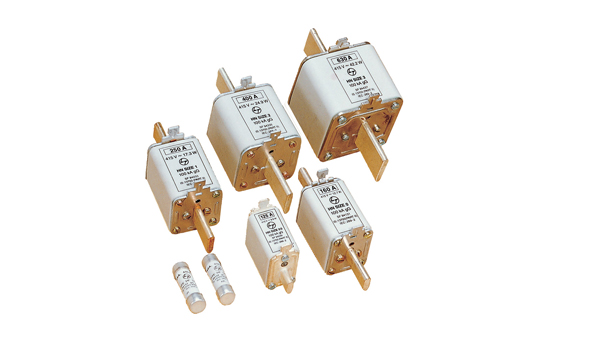
Fuses are critical safety devices designed to protect your electrical circuits and equipment from overcurrent conditions. They act as a sacrificial component, breaking the circuit and stopping the flow of electricity before damage occurs due to shorts, overloads, or surges. Choosing the right fuse is crucial for ensuring the safety and longevity of your electrical system. This description covers various types and applications.
We offer a wide range of fuses to suit diverse needs, including:
When choosing a fuse, consider the following crucial specifications:
Fuses are essential components in countless applications, including: